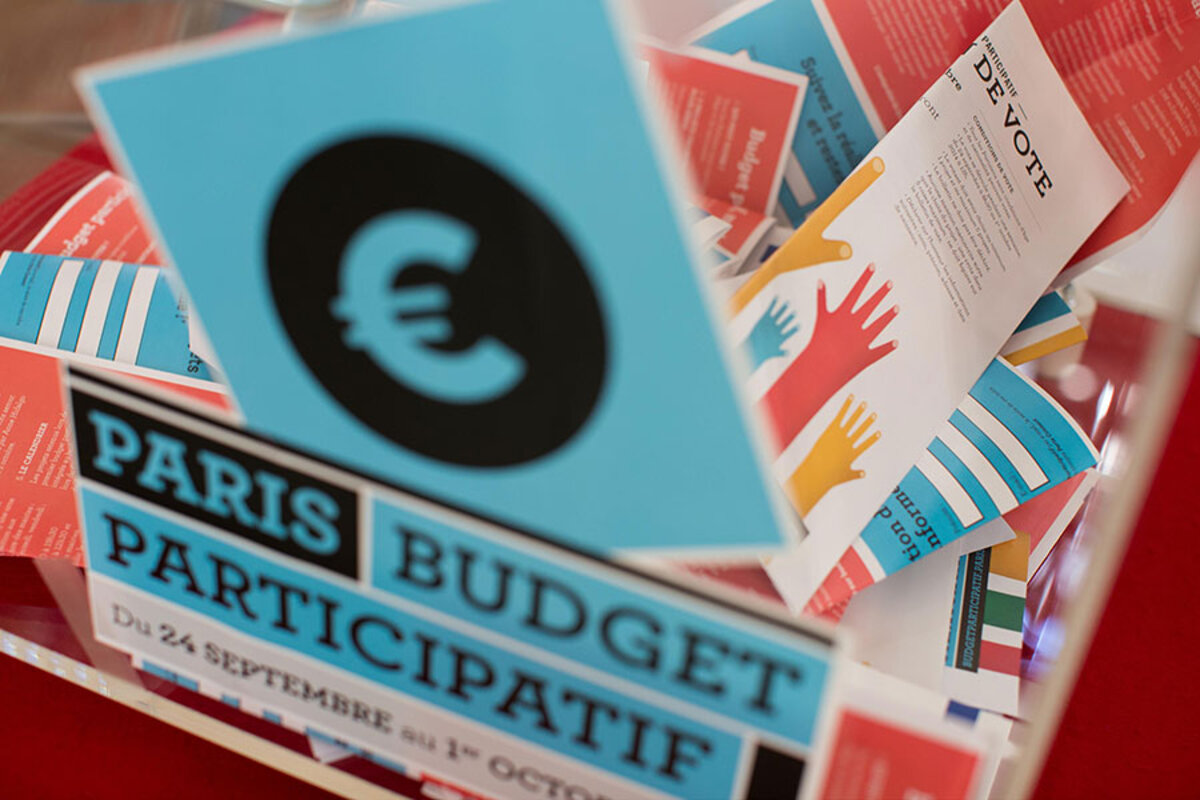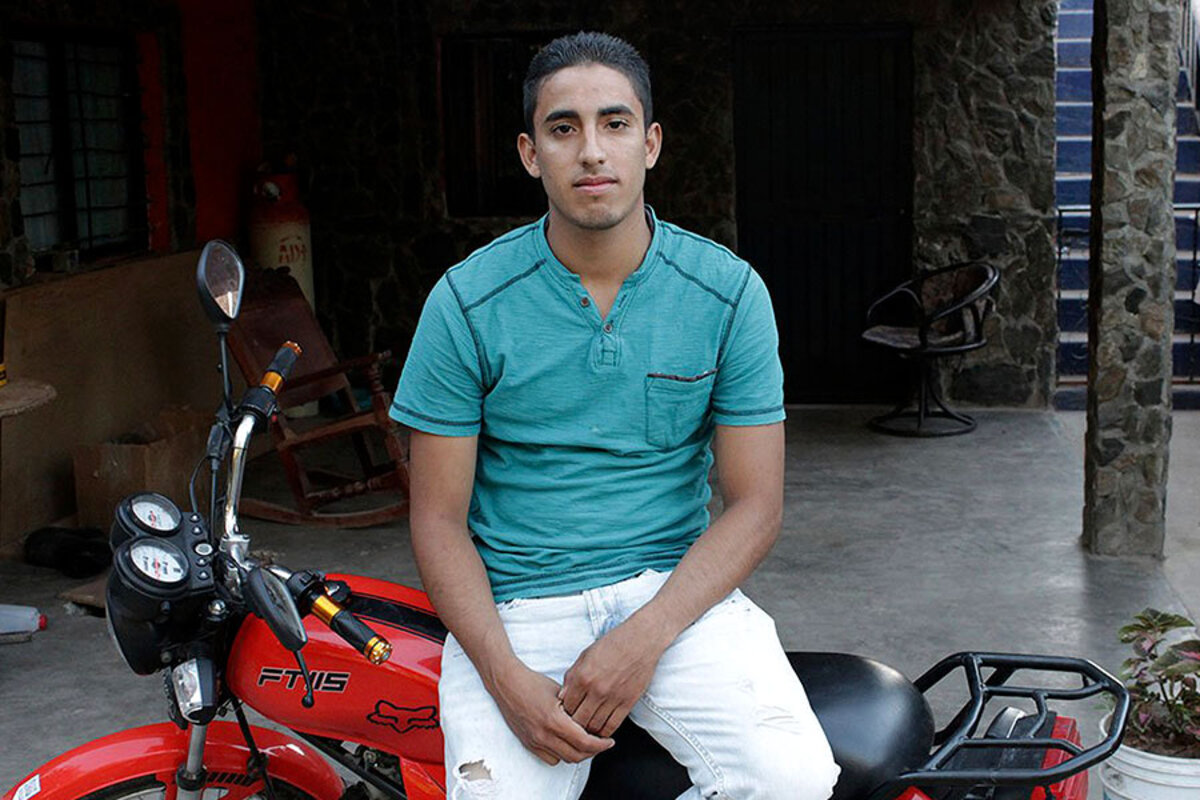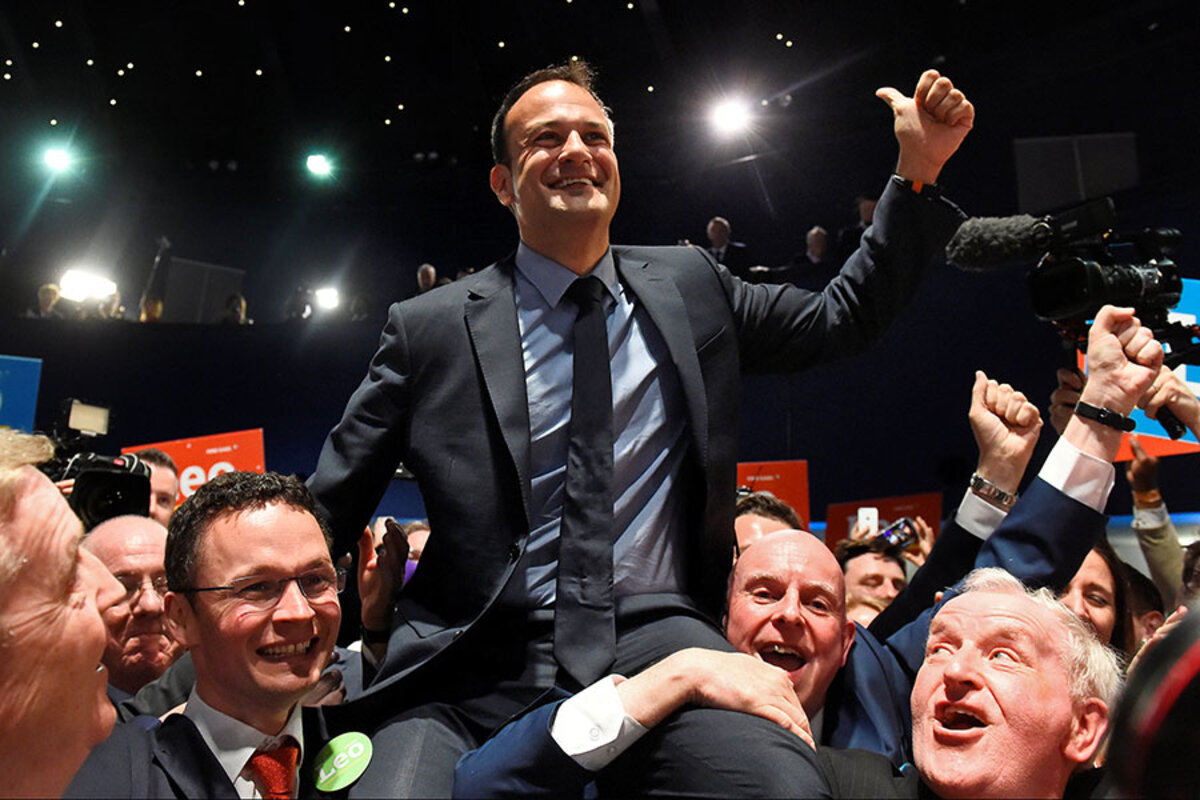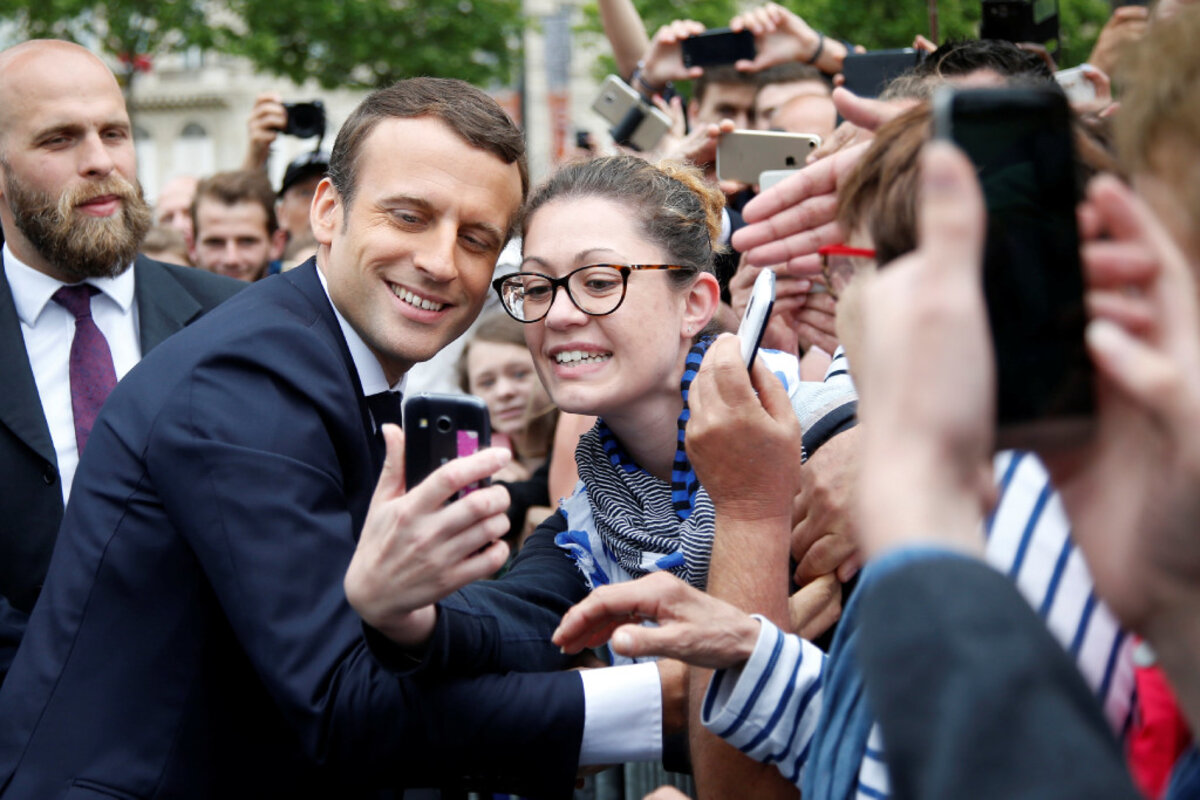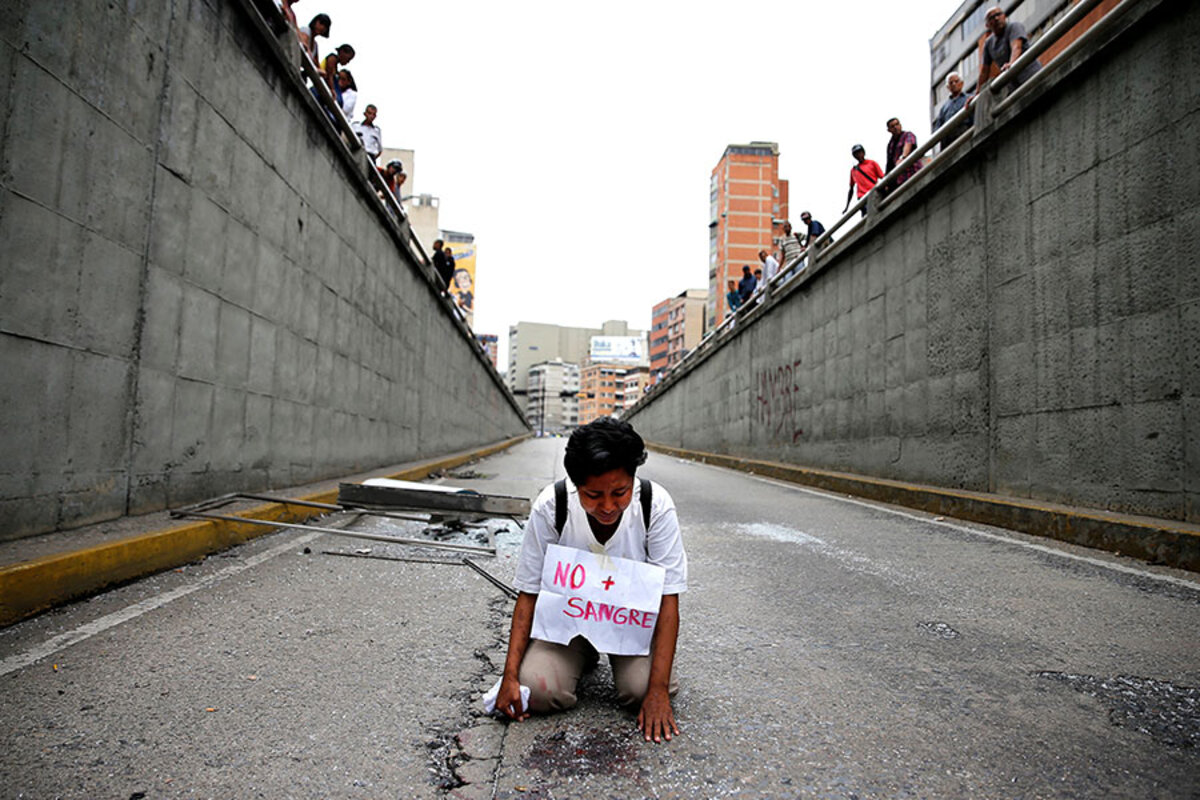Former FBI Director James Comey made an overlooked but insightful statement to Congress Thursday. Beneath all the important investigations into Russian interference in the November elections, there is an unseen side of Washington still united around defending the nation’s core ideals.
Monitor Daily Podcast
- Follow us:
- Apple Podcasts
- Spotify
- RSS Feed
- Download
 Mark Sappenfield
Mark Sappenfield
Understatement is not a strength of the sports world. These days, discussions about which players and teams are the Greatest Of All Time are so ubiquitous that they have their own hashtag (#GOAT). Legends are made and dashed on the Twitterverse’s mayfly life cycles. Perfection seems only an awesome YouTube video away.
Then you watch the Golden State Warriors, and real greatness snaps into focus. The basketball team is on the verge of an unprecedented achievement in American sports. If they defeat the Cleveland Cavaliers Friday, they will finish the playoffs undefeated, 16-0. If the achievement is impressive, the experience of simply watching them is far more so.
In sports, winning is partly the art of hiding weaknesses. To an astonishing degree, the Warriors have virtually none to hide. They are a symphony of movement on offense, a plague of locusts on defense. We gawk at eclipses and comets because they are rare and beautiful things. On occasion, sports, too, can seem celestial.





